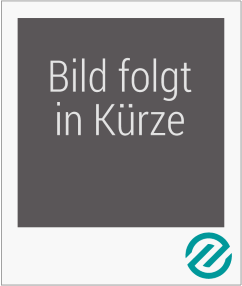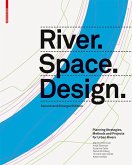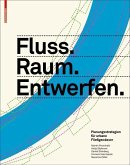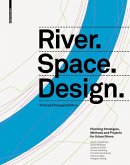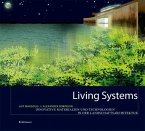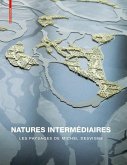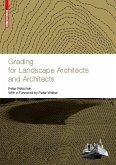Urban riverbanks are attractive locations and highly prized recreational environments. The designs of urban river landscapes must fulfill a broad range of requirements: flood control, open space design, and ecology are as a rule the three dominant themes, and they must often be reconciled within a very restricted space. The river must be understood as a process: governed by changing water levels, shifting seasons, erosion, and sedimentation, the river environment is not a static entity but constantly changing-the design must be flexible and take this into account.
This book is the product of a multi-year study that subjected more than fifty Western European projects to a comparative analysis. The result is a systematic catalog of effective strategies and innovative design elements. First, designers and planners are given an overview of the broad and varied spectrum of design possibilities. The book's process-oriented approach is especially helpful where the focus is on long-term, sustainable measures. The publication consists of two linked volumes that enable the reader to consult the systematic catalog and the case study section side by side. The easy-to-navigate structure and an extensive glossary provide further guidance, while the work's highly distinctive design makes it visually appealing as well and invites the reader to leaf through and explore it.
Dieser Download kann aus rechtlichen Gründen nur mit Rechnungsadresse in A, B, BG, CY, CZ, D, DK, EW, E, FIN, F, GR, HR, H, IRL, I, LT, L, LR, M, NL, PL, P, R, S, SLO, SK ausgeliefert werden.

